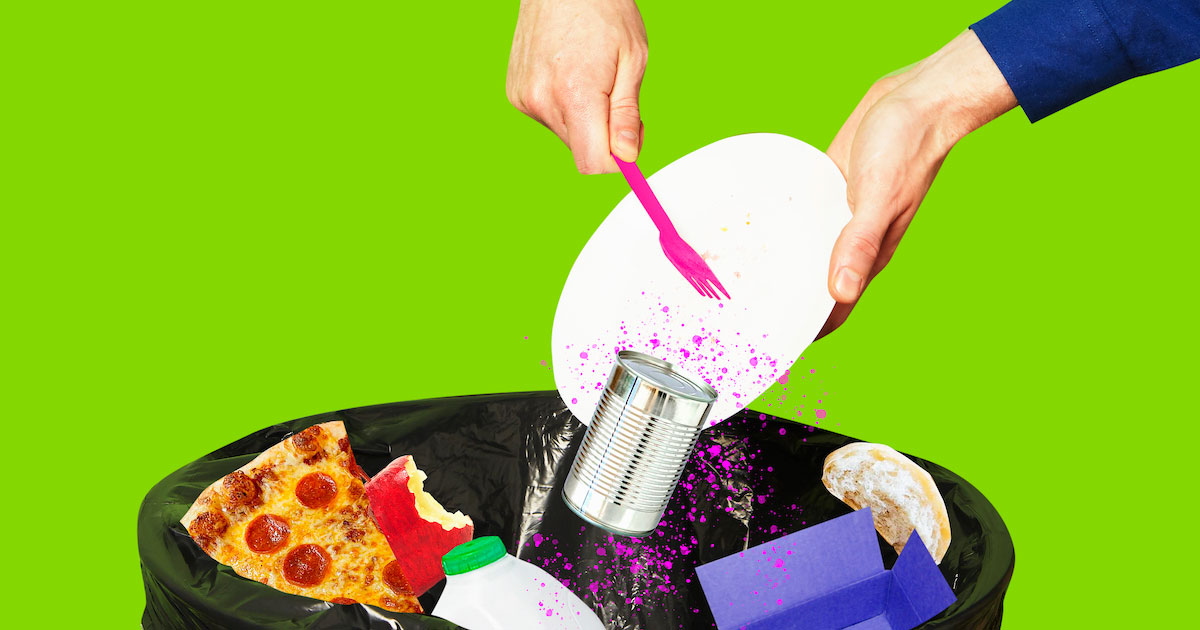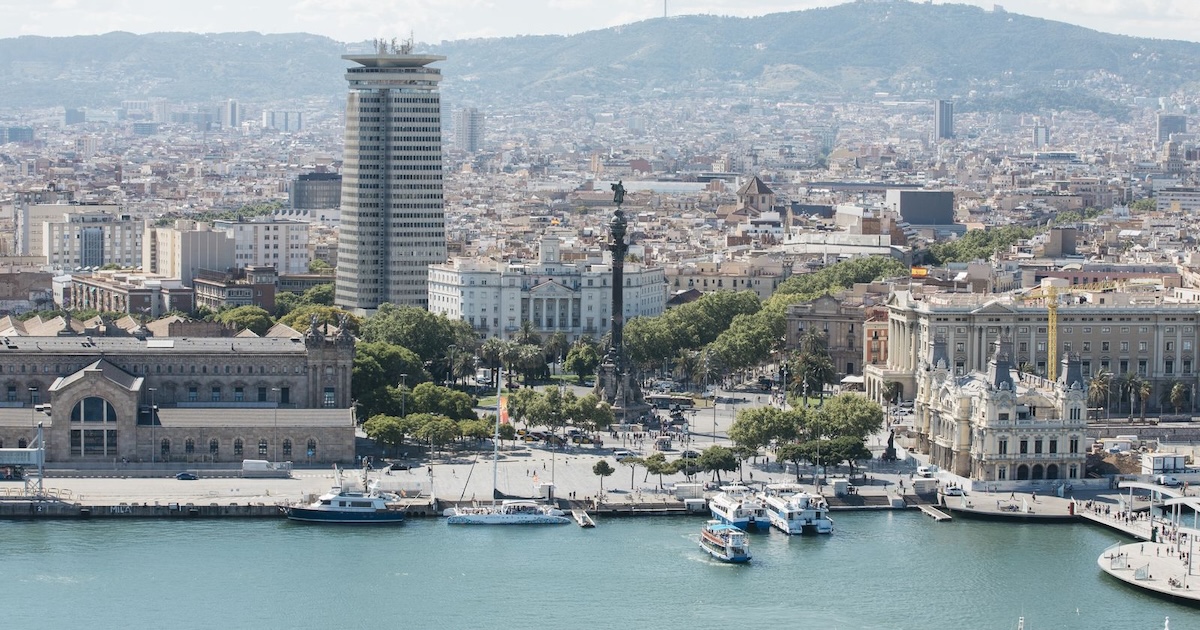Julia Spangler, owner of Ecosystem Events, says it’s increasingly risky to operate a business with no sustainability plan in place. We recently spoke with Spangler, who will lead the MPI Academy’s Sustainable Event Strategist Certificate program on Sept. 9, about the state of meeting and event sustainability in the pandemic era.

Why isn’t there more widespread understanding that sustainable practices are also good for business?
I think this understanding is growing more and more. One hurdle to faster adoption is that the ROI on sustainable practices may not be immediate or monetary (though it certainly can be in many cases). Some sustainable practices require up-front investment—for example, implementing a composting program throughout a venue—and it may take a few years to fully recoup the financial investment through things like increased bookings from planners who have sustainability requirements for their meetings. However, money isn’t the only return people should consider. It’s becoming increasingly risky to operate a business with no sustainability plan in place. Adopting sustainable practices is about keeping up with the times (and your competitors) and avoiding being seen as outdated or even uncaring.
Are there some simple steps meeting professionals can take to begin building a sustainable team culture?
Start a green team within your organization to begin discussion of how you can adopt sustainable practices in a way that works alongside your other goals. Convening this group on just a monthly basis can start creating some momentum to make changes. If you’re on a small team, assign one person official responsibility for researching and presenting opportunities to be more sustainable. If sustainability is “everyone’s responsibility,” it’s easy for people to skip it or assume someone else is taking the lead. Give a small group or individual the official task of coming up with goals and ideas for making progress.
MPI’s Sustainable Event Strategist Certificate Program. Sustainability isn't just a matter of protecting the planet—it's a matter of relevance.
What common mistake in planning or execution causes a sustainability initiative to fail?
The biggest issue I see is lack of communication and accountability. Especially if an initiative is new to any of the stakeholders, it’s important to over-communicate and confirm that all the pieces that need to happen are actually in place and that everyone understands their responsibilities. No question is too trivial to ask. Sustainability success lies in the details, so it’s important to have those in-the-weeds conversations. It’s also important to connect with the people who will be executing the plan on the ground—don’t rely on assurances from a salesperson that something operational is being taken care of. Set up meetings with the operational staff to confirm.
What impact has the pandemic had on sustainability in the meeting and event industry?
Unfortunately, the biggest impact I’ve seen is reverting to single-use plastic and packaging in settings where it is not necessary. Commercial dishwashing practices are fully sufficient to kill viruses and provide safe eating and drinking vessels for guests. There’s no reason to switch from commercially washed china and glassware to disposable packaging. The Sustainable Event Alliance offers a great resource on this topic to help planners feel confident with reusable dishware.
MPI ACADEMY INSIGHTS
Amidst the backdrop of a global pandemic in 2020, Earth Day celebrated its 50th anniversary—and with that milestone came a renewed sense of purpose within the meeting and event industry in its commitment to developing more sustainable practices. Mariela McIlwraith, CMP, CMM, MBA, vice president of sustainability and industry advancement for the Events Industry Council, poignantly shared in her 2020 Earth Day article that while there were not many silver linings to the devastation our industry faced this past year, it did provide a brief opportunity to “build our collective capacity” and “grow our knowledge and skills, and contribute to the community knowledge trust.” As we see the resurgence of meetings and events, there is no better time to move the needle on how we can create a safer, better and more sustainable world through the way we design our meetings and events. Join MPI in its quest to arm #eventprofs with the knowledge they need to make more sustainable business decisions with our Sustainable Event Strategist course this quarter. -NANCY SNOWDEN, MPI ACADEMY







